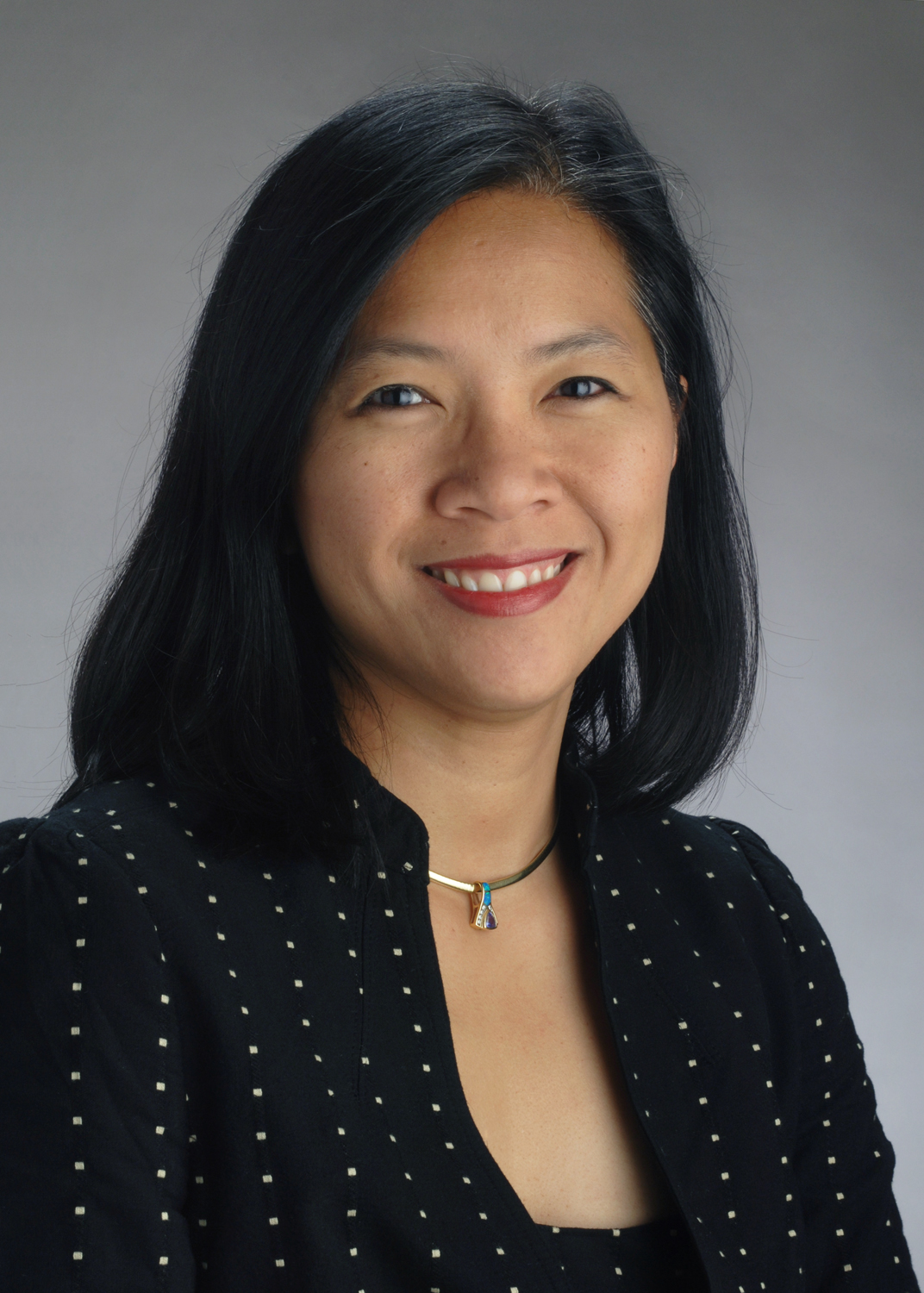
HaysMed, part of The University of Kansas Health System, has expanded services to their cardiac program recently.
Drs. Rhea Pimentel and Madhu Reddy have been seeing patients for several months at the Debakey Heart Institute. Both physicians are electrophysiologists, cardiologists who specialize in the electrical functions of the heart.
“Our affiliation with The University of Kansas Health System has made it possible to bring these much needed services available locally,” said Bryce Young, chief operating officer at HaysMed. “We were able to make arrangements for these physicians to come to Hays on a regular basis to see patients in our heart clinic. The addition of the two electrophysiologists will help strengthen the cardiac services available at HaysMed.”
Dr. Pimentel completed medical school at Northwestern University. She did here residency at the University Hospital of Cleveland at Case Western Reserve University and a fellowship at Washington University School of Medicine.

Dr. Reddy completed medical school at the Armed Forces medical College and did a residency and fellowship at Creighton University and a fellowship at The University of Kansas Medical Center.
While cardiologists typically evaluate and treat patients with heart-related symptoms, including a fast or slow heartbeat, chest pain, dizziness and other symptoms, electrophysiologists deal with the diagnosis and management of irregular heart rhythm. In most cases, when a cardiologist suspects a patient has an arrhythmia, they refer that patient to an electrophysiologist for further care.
Arrhythmia is a condition in which the heart beats with an irregular or abnormal rhythm, whether that is too fast, too slow or erratically. When the heart is unable to beat properly, it can affect blood flow, which can cause damage to or even shut down the brain, lungs and other organs. Some arrhythmias are harmless, but others can be life-threatening.
One of the most common arrhythmias that electrophysiologists treat is atrial fibrillation, also known as AFib. AFib occurs when the heart’s upper chambers—the atria—contract irregularly. AFib is the most common type of heart arrhythmia in the U.S., and it is a leading cause of blood clots that can result in a deadly stroke.
The number of people with arrhythmias is increasing and as the population ages, that number will continue to go up.
“We are excited to be able to help patients in this region with their electrophysiology needs so they can have the convenience of receiving this type of care closer to home,” said Dr. Jeffery Curtis, cardiologist and administrative director of the DeBakey Heart Clinic.
“We’re fortunate that being part of the system has given us the opportunity to have access to additional cardiologists to focus on our patients with heart rhythm problems. Any time we can partner and offer additional services for our patients it is a win-win situation. It is definitely a benefit of being part of The University of Kansas Health System.”
For more information, call 888-625-4699 or go to www.haysmed.com/debakey-heart-institute/
— Submitted
